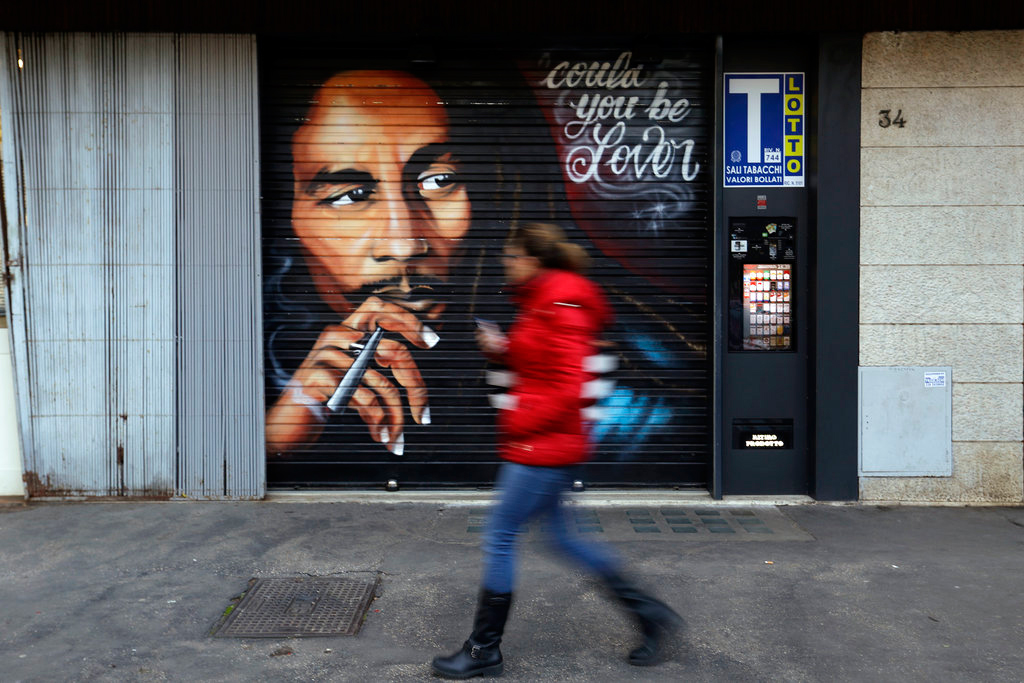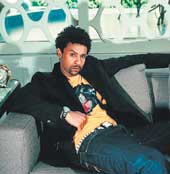Music may or may not be the food of love, but it has always been the fuel that fires the rebel heart. Take, for instance, the tunes that grew on the backstreets and in the dance halls of Jamaica. Reggae, the music of the rebels, the marginalised and the oppressed, has been added to the Unesco’s list of international cultural treasures worthy of protection, following an application from the Jamaican government that wanted to promote it as the “soul” music of the people. Indeed, the hearts of the Jamaicans do beat to the rhythm of reggae. Yet, there is little excitement on the streets where reggae was born. This is because the government — or ‘Babylon’ as the establishment is referred to in reggae — endorsing reggae is like Donald Trump fighting to stop climate change or turkeys supporting Christmas. This is the same Jamaican establishment that fought — albeit unsuccessfully — against the popularity of reggae for decades, banning it from the State-controlled airwaves. That is until it realised that reggae raked in greater revenues than the island’s worn-out Bauxite reserves. To borrow from an old adage, if one cannot beat them, patronise them. Kindness, after all, can be a fatal weapon.
It is not just music that has the power to inspire change or just Jamaica that is frightened of the transformative abilities of the arts. The world over, writers, artists, musicians who have raised their voices against the establishment have been banned or decried by the State. One example closest to home would be when the Left Front government in West Bengal described Usha Uthup’s work which pushed social boundaries as “cheap” and “perverted”. When proscription proves ineffective in silencing artists, the establishment whips out more lethal ammunition: patronage, the best method of containment.
He who pays the piper calls the tune. Government backing brings with it State control. Remember the influence that Soviet Russia had on Dmitri Shostakovich? Benefaction is not always as overt as Jamaica’s attempt to own reggae. Covert ways include the use of public institutions and funds to dispense patronage. Art may be a powerful force but it is mostly not lucrative. As such, aid from State-funded institutions — the Indira Gandhi National Centre for the Arts comes to mind — often becomes the only means of survival for artists. Successive governments have filled such bodies with lackeys, not professional artists or critics, who dole out and withdraw grants on the basis of ideological appeasement, not excellence. There are other ways to rob the artist of his voice too. The State can withhold or retract permission to allow public performances — as it did with the Pakistani ghazal maestro, Ghulam Ali, in Maharashtra — or events can get magically “postponed” — just ask T.M. Krishna. The State runs on power and will use any means necessary to quash threats to its authority. The only way to ensure creative independence is a separation of art and the State.
The government-sanctioned — with Unesco’s nod of approval — reggae is the stuff that entertains the relaxed tourist sipping rum punch on the beach. The reggae that raised its finger at the establishment which is selling these sunny holidays has been rendered speechless.












